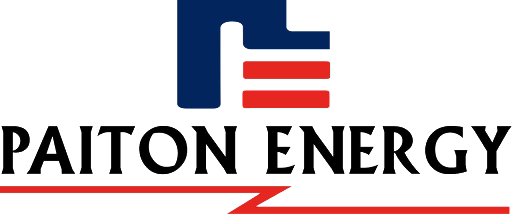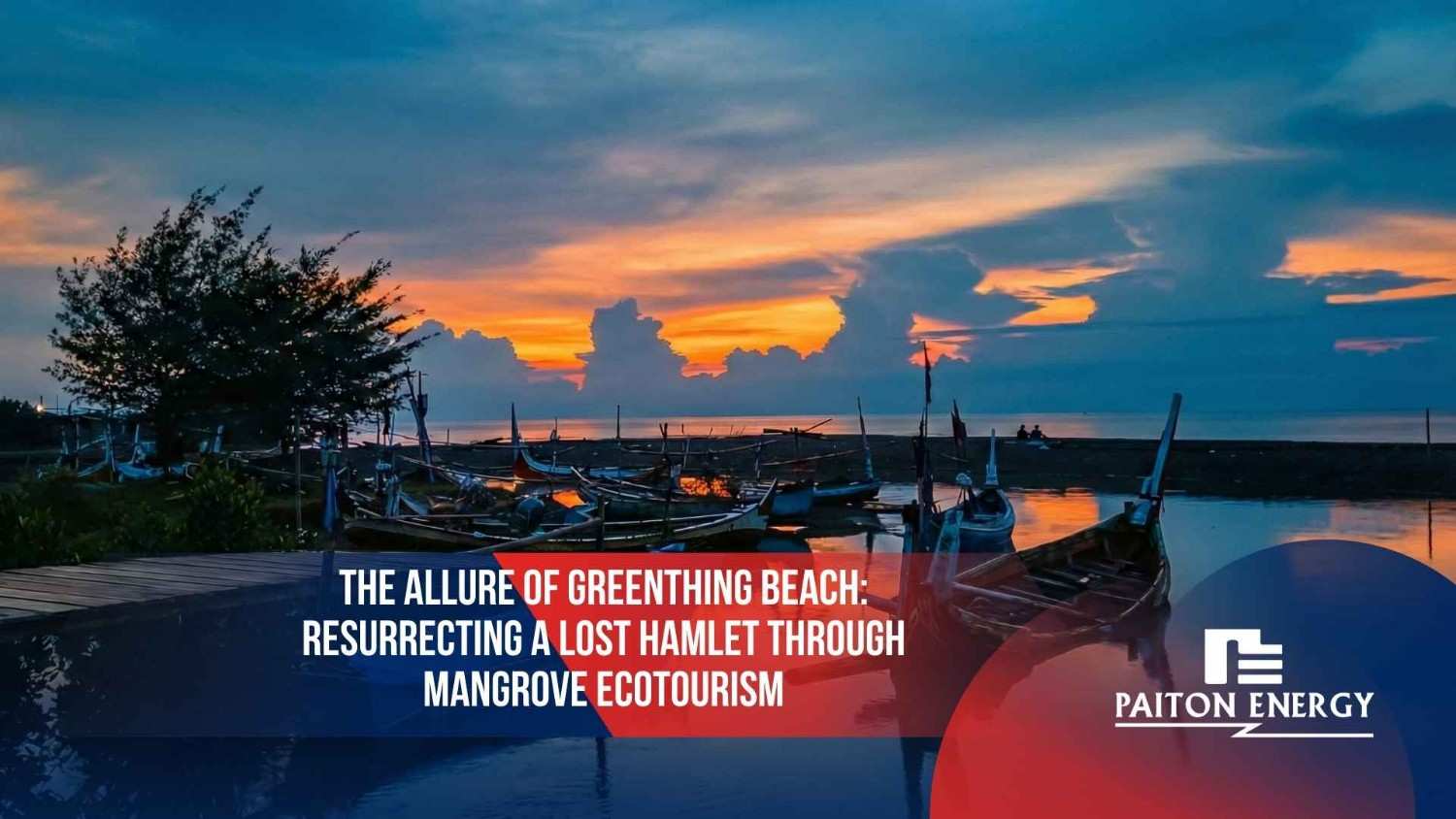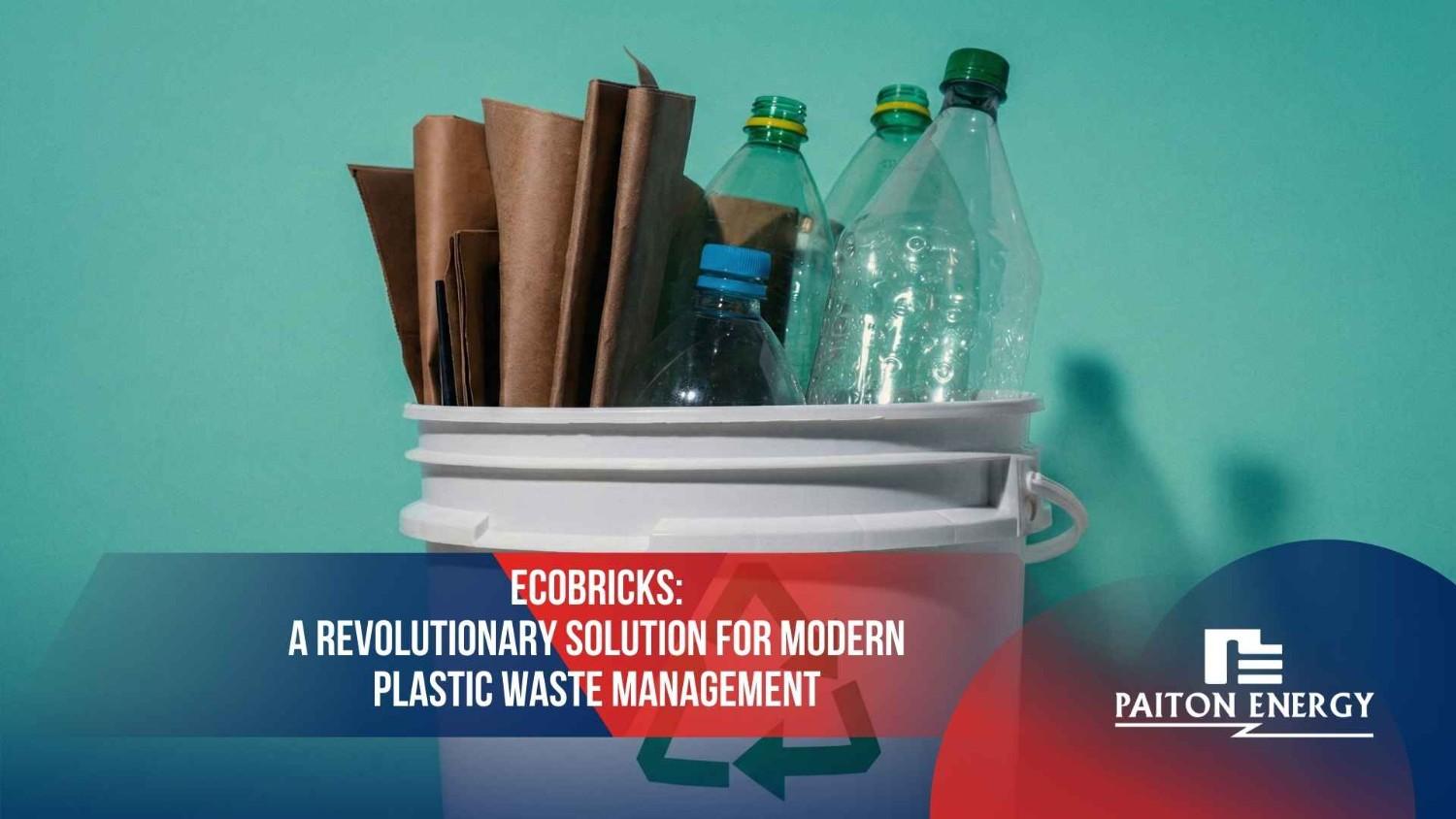Beneath the calm surface of the sea lies a complex and fragile ecosystem. Coral reefs serve as vital habitats for millions of marine species, while fishermen rely on the bounty of these waters for their livelihoods.
However, this balance is increasingly threatened by destructive fishing practices and environmental changes. These challenges serve as a stark reminder of the urgency to protect the environment—especially our oceans, which provide both sustenance and livelihoods.
One approach that traditional fishermen have recently adopted to address these challenges is the use of bamboo fish aggregating devices (FADs). These simple yet effective tools are not only efficient but also environmentally sustainable.
In commemoration of National Maritime Day on July 2nd, the bamboo FAD has emerged as a symbol of hope for a healthier ocean and a more sustainable coastal economy.
What Are Bamboo FADs?
Bamboo FADs are eco-friendly fishing aids designed to resemble artificial shelters or reefs. Constructed manually by fishermen using natural materials such as bamboo, coconut leaves, and twigs, these structures are weighted to rest on the seabed.
Their primary function is to attract fish to gather, seek shelter, and breed in the surrounding area, thereby making the fishing process more efficient.
Unlike modern FADs made from synthetic or metal materials that may harm the marine environment, bamboo FADs are designed to be ocean-friendly. They represent a practical application of local wisdom in environmental conservation.
Benefits of Using Bamboo FADs
Bamboo FADs offer numerous benefits—both economically and ecologically:
- Increased Fish Catch: These FADs are proven to attract fish with an effectiveness rate of over 90%, significantly higher than that of synthetic alternatives.
- Lower Operational Costs: By concentrating fishing efforts in more targeted areas, fishermen save 30%–45% on fuel consumption.
- Environmentally Friendly: Made from biodegradable, natural materials, bamboo FADs do not damage coral reefs and serve as a sustainable fishing solution.
- Empowering Fishermen: The collaborative process of constructing and deploying these FADs fosters collective awareness and responsibility among fishing communities.
- Habitat Formation: Bamboo FADs become microhabitats for plankton and small fish, strengthening the marine food chain and supporting broader biodiversity.
With these benefits, bamboo FADs stand as appropriate technology that supports both marine sustainability and the economic resilience of coastal communities.
The Importance of Bamboo FADs for Indonesian Waters
Indonesia’s seas are home to a rich diversity of economically valuable marine life, including red snapper, rabbitfish, and grouper.
Unfortunately, harmful fishing practices such as the use of explosives or poison, continue to jeopardize marine ecosystems. Bamboo FADs present a smart and sustainable alternative.
These devices are carefully placed in sandy or muddy areas to avoid damaging coral reefs, exemplifying an eco-conscious approach from production to implementation.
In regions such as Binor Beach, over 400 bamboo and hollow-cube FADs have been deployed, successfully increasing fish harvests and unlocking new opportunities for community-based ecotourism, such as recreational fishing tours.
In essence, bamboo FADs not only help preserve the ocean but also expand local income streams.
CSR Support from PT Paiton Energy and PT POMI
The commitment to marine conservation and the empowerment of fishing communities is not limited to local efforts. Since 2016, PT Paiton Energy and PT POMI have actively supported the development and dissemination of bamboo FADs through their Corporate Social Responsibility (CSR) programs.
1. Community Empowerment and Local Economic Development
The companies’ CSR initiatives strengthen fishermen’s self-help groups by providing training in FAD construction, material support, and technical mentoring enabling sustainable, independent community development.
This is not merely an economic strategy, but also a practical method for environmental conservation through eco-friendly technology.
2. Marine Ecosystem Conservation
These programs also encompass environmental restoration, such as the planting of thousands of mangrove trees along coastal areas. The goal is clear: protect marine habitats and instill a deeper understanding of why we must protect the environment—for the survival of future generations.
3. Multi-Stakeholder Collaboration
By employing a Pentahelix approach, involving businesses, academia, communities, government, and media, the bamboo FAD initiative is transformed from a temporary project into a sustainable, collective movement.
4. Alignment with the Sustainable Development Goals (SDGs)
This program contributes to the achievement of SDG Goal 14: Life Below Water. PT Paiton Energy and PT POMI have received numerous environmental awards, validating their success in implementing impactful and sustainable marine conservation practices.
Protecting the Ocean Is Protecting Our Future
National Maritime Day is more than a commemorative event—it is a vital reminder of the ocean’s role in sustaining life. From food and employment to ecological protection, the sea provides indispensable resources.
But these benefits can only be preserved if we fully understand the importance of protecting the environment, especially the fragile marine ecosystem.
Bamboo FADs demonstrate that environmental stewardship need not be complex or costly. Through natural materials and community-driven initiatives, these tools help maintain ecological balance while increasing fishermen’s income.
With such simple yet powerful innovations, National Maritime Day serves as a call to action safeguarding the ocean is not an option, it is a necessity for a sustainable future for both people and the planet.




